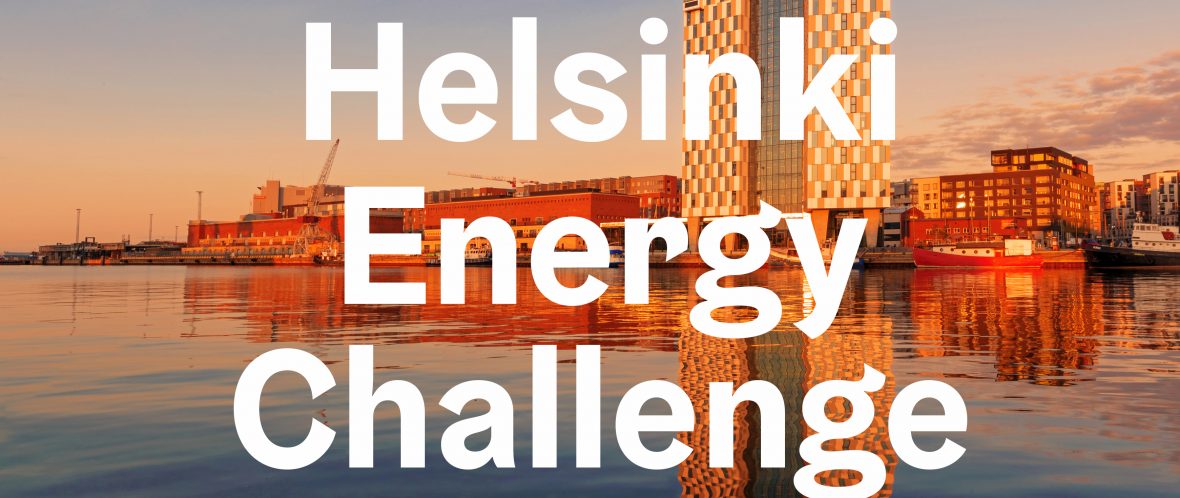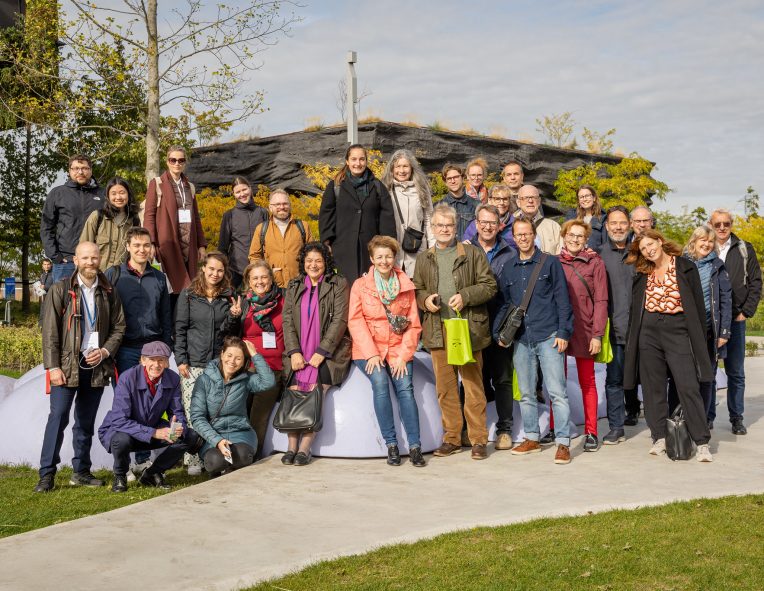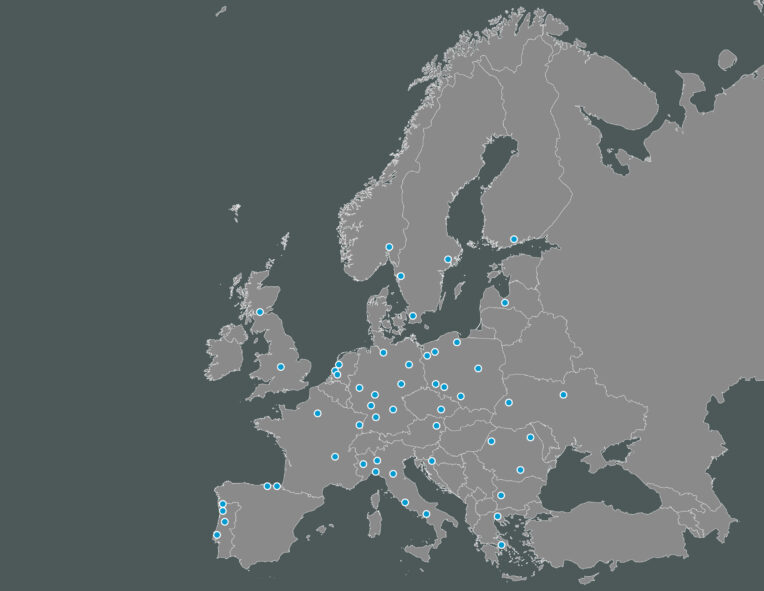Helsinki launches global one-million-euro competition to answer the question: How can we decarbonise the heating of Helsinki, using as little biomass as possible?
The climate crisis is the most crucial challenge of our time, and cities have a key role in driving the shift to a low-carbon economy.
Helsinki is one of the leading cities in the transition towards a sustainable future, with the goal of becoming carbon-neutral by 2035. But there is an issue to overcome. Currently, more than half of the city’s heat is produced with coal.
In order to achieve carbon-neutrality, the city needs radically new solutions to meet its heat demand. And Helsinki is not alone. To fight climate change, sustainable heating solutions are needed in cities all over the world. Heating not just beyond coal, but also beyond burning biomass.
That is why the city has launched the Helsinki Energy Challenge. A global one-million-euro challenge competition to answer the question: How can we decarbonise the heating of Helsinki, using as little biomass as possible?
Joining the Helsinki Energy Challenge is a unique opportunity to play a part in solving a pressing global issue and making a real difference to sustainability worldwide. But participants also have the chance to win one million euros – the prize money allocated by the City of Helsinki for the Challenge winner. And since we are committed to sharing learnings and solutions with other cities, the Challenge competition represents a unique opportunity to gain visibility and business opportunities in other parts of the world, with further development or scale-up as possible outcomes.
The Challenge is open globally to everyone – to start-ups and other companies, research institutions, universities, individual experts, consortiums or any other actor who can provide sustainable solutions to urban heating. They only ask one thing: that you join the Challenge as a team.
Challenge entries should be master plans for decarbonising the heating of Helsinki. The proposed plan can include one or more solutions, and we welcome different types of solutions – technological but also non-technological innovations. City of Helsinki is not only open to leveraging its current district heating system, but also to solutions requiring system-level change. The main requirement is that the proposed solutions should significantly contribute to our ability to stop using coal by 2029 and speed up the City of Helsinki’s journey to becoming carbon-neutral by 2035.
Innovators from all around the world are invited to use Helsinki as a testbed for truly sustainable solutions for urban heating. Taking this next step might lead to a revolutionary breakthrough in our fight for a more sustainable city life.
More information: www.energychallenge.hel.fi



